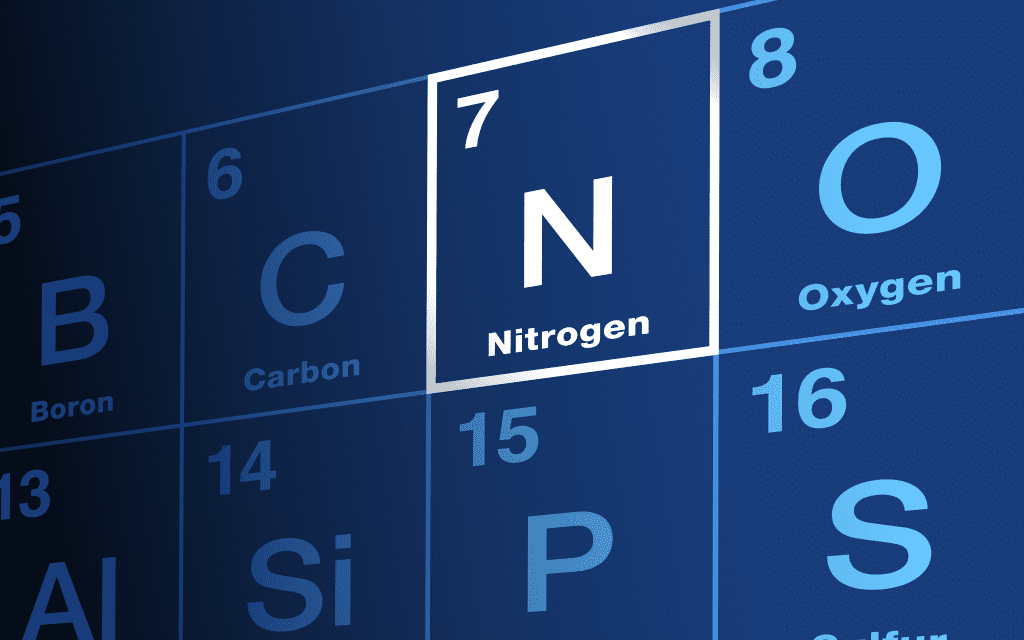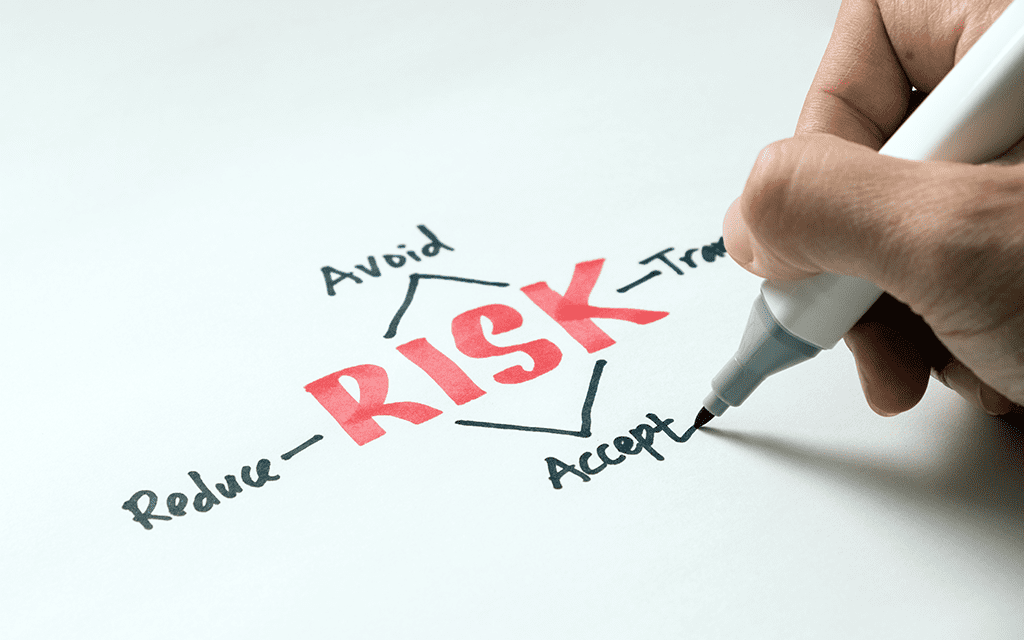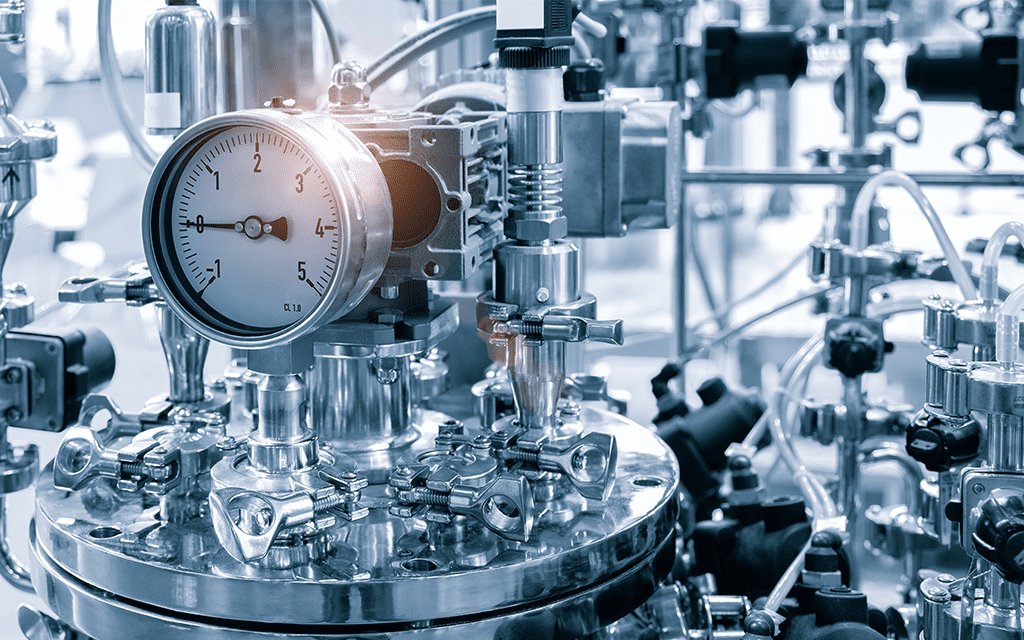Where Should You Mount a Gas Detector?
All gases are different. They all have their own individual characteristics and properties, which sometimes means they must be combatted in different ways to provide the best detector performance.
Gases are all around us; even the air we breathe is made up of a mixture of multiple gasses (78.08% Nitrogen, 20.95% Oxygen, and 0.93% Argon). Understanding the unique properties of a gas, such as weight, is crucial, especially in industries where gas detection is pivotal in ensuring safety and preventing potential hazards.
In this article, we will delve into the density of gases and explore how gas detection locations differentiate to safeguard lives and the environment. By the end of this article, we hope you will better understand how a gas density (weight) coincides with the detection type and location, allowing you to make more informed decisions on your next project.
Share
Why do we need Gas Detectors?
Gas detection is critical to safety protocols in various industries, including manufacturing, petrochemical, and healthcare. Identifying and quantifying specific gases in the air is vital for preventing accidents, mitigating risks, and maintaining a secure working environment.
The Weight of Gases
Gases are different to solids and liquids because they do not have a definite shape or volume. Instead, they spread out to fill the space available, making them more challenging to control and detect. One of the most important characteristics of gases is their weight, specifically their density. A gas’s density is determined by how much mass it has in relation to the amount of space it occupies.
For example, hydrogen and Helium are lighter gases because they have lower molecular masses, meaning a lower density. This low density makes them buoyant in the Earth’s atmosphere. That’s why when you fill a balloon with Helium, it floats.

Because Helium is lighter than air, it will try to escape until the air density matches the Helium’s. In contrast, gases like chlorine have greater molecular masses, which makes them heavier. As a result, they tend to settle closer to the ground. By knowing the different densities of gasses and how they act compared to air are vital to answering the question of where should you mount a gas detector?
As there are too many gas variations, we have compiled a handy table to show how a few common gases compare to air.
| Gas | Molecular Weight | Heavier/Lighter than Air |
| Air | 29 | — |
| Oxygen (O) | 32 | Heavier |
| Carbon Monoxide (CO) | 28 | Lighter |
| Carbon Dioxide (CO2) | 44 | Heavier |
| Methane (CH4) | 16 | Lighter |
| Hydrogen (H2) | 2 | Lighter |
| Ammonia (NH3) | 17 | Lighter |
| Butane (C4H10) | 58 | Heavier |
| Propane (C3H8) | 44 | Heavier |
| Chlorine (CL2) | 70 | Heavier |
| Sulphur Dioxide (SO2) | 32 | Heavier |
| Nitrogen (N2) | 28 | Lighter |
Gas Detection and Workplace Characteristics
Different industries handle distinct gases, each with its unique set of properties. Gas detection locations must be tailored to the specific requirements of the workplace, considering factors such as temperature, pressure, and potential sources of gas leaks.
Gas density is not the only factor to consider when dealing with gas. The environment where the gas is located also plays a crucial role in determining its performance. For instance, a room’s temperature and airflow conditions can impact the placement of gas detectors.
Emergency Response Planning
In the event of a gas leak, timely response is critical. Gas detection locations are also strategically chosen to ensure that alarms are triggered promptly, allowing for quick evacuation and intervention.
Finally
Understanding the weight of gases is crucial in determining how they behave and disperse in the environment. Also, environmental conditions such as temperature and airflow all contribute to how a gas performs.
Gas detection systems are essential for ensuring safety, and the unique properties of each gas determine where you should mount a gas detector. By also understanding the weight and characteristics of gases, industries can implement effective gas detection strategies that protect lives, the environment, and the integrity of their operations.
To ensure a comprehensive system that meets your needs, it is best to consult a specialist such as Gas Alarm Systems, who can consider all these factors. Should you have a project needing a Gas Detection system, why not contact our sales team, who will assist you in procuring a solution for detecting hazardous gas.












